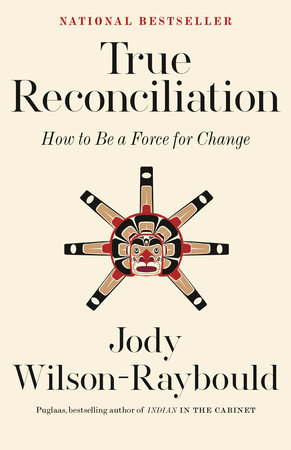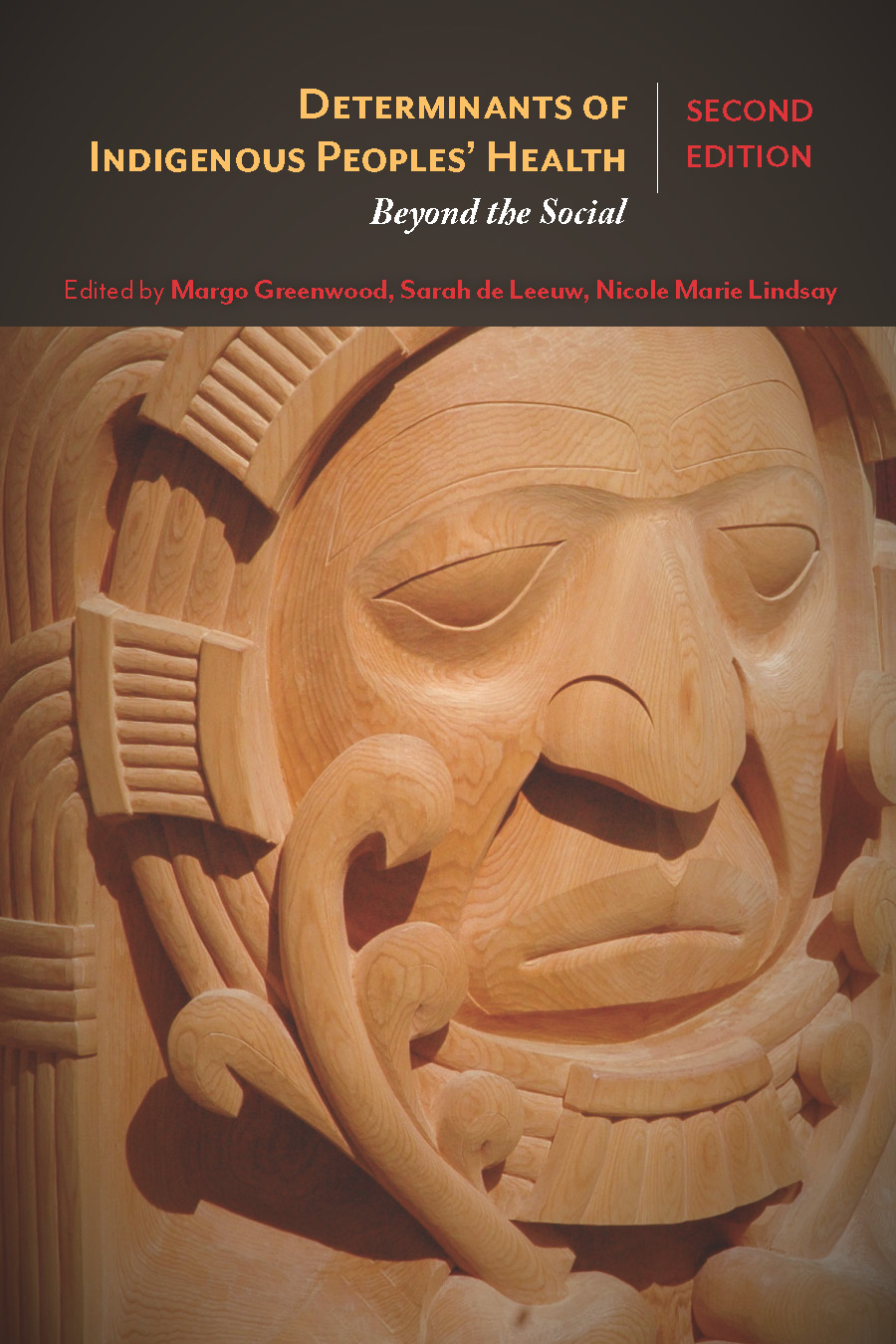The ISU Team humbly and gratefully acknowledges the many ancestral, traditional and unceded Indigenous territories where we live and work. We invite site visitors to reflect on their past, present and future participation on the Indigenous lands where they are situated.
As a team, we are committed to ongoing learning about justice, equity, diversity, and inclusion (JEDI) and taking action on systemic inequities and discrimination within our work. We acknowledge the historic and ongoing impact of Canada’s colonial history and our collective and individual role in perpetuating systemic discrimination. Several ongoing and systemic human rights issues have acted as a catalyst for our dedication to this work, such as:
- Racism and violence against Black, Brown, Asian, and Muslim people
- Racism and violence against Indigenous peoples, particularly Indigenous women and girls
- Violence and discrimination against 2SLGBTQIA+ people
- The continued violence, marginalization, and criminalization of people who use drugs
- Ableism and discrimination against people with disabilities
The ISU is also working towards greater partnership with groups and communities who have been historically and systemically excluded. We recognize that partnership and relationship-building take time and requires meaningful and active engagement to ensure that our work is relevant, supportive, and guided by the communities’ priorities.
What JEDI actions are we taking?
Some of the actions we have taken to ensure our work and learning continues to reflect our JEDI commitment include:
JEDI Council
In early 2021, we created the JEDI Council to help embed JEDI principles across all ISU work, processes and practices. The Council includes representatives from across our team and meets bi-weekly to support individual and team learning, facilitate meaningful dialogue, provide feedback on JEDI topics in our work, and be accountable for ensuring learning and action continue. The JEDI Council also manages and facilitates our 8-week Reflective Process.
8-Week Reflective Process
As a team, we participate in an 8-Week Reflective Process twice every year, in the Spring and Fall. We each choose a JEDI topic and spend dedicated work time learning about that topic over the 8 weeks. We also participate in small discussion groups to process and share our learning. Recent topics have included but are not limited to:
- Intersectionality, racism, and discrimination in healthcare
- Indigenous stories, movements, and decolonizing practices
- Mental illness, substance use, and houselessness/housing insecurity
- Visible and invisible disabilities
- 2SLGBTQ2+ experiences
- Body diversity and fat activism
- Land rights
- Palestinian history
- Linguistic diversity
- Historical and social reconstruction
At the end of the eighth week, we gather to reflect on our individual and collective learning, and to commit to action we can take both as a team and individually and further learning.
Indigenous Strategic Plan Self-Evaluation
In Winter of 2024, we also spent time reviewing UBC’s Indigenous Strategic Plan and reviewing our alignment through the Indigenous Strategic Plan Assessment Tool. This helped us identify some key areas for improvement and growth. Some of the current actions we are working to implement include:
- Plan an Indigenous Speaker Series. We are committed to learning directly from Indigenous voices. To support this action, we are hosting a series of team learning sessions with Indigenous presenters. If you or someone you know might be interested, please don’t hesitate to reach out to us at isu@familymed.ubc.ca.
- Expand our collaborations with Indigenous organizations and communities in a respectful and culturally safe way. We are exploring opportunities to offer our workshops, evaluation tools, mappings, and facilitation to Nations, Indigenous organizations, First Nations Health Authority, and communities.
- Recruit and retain Indigenous staff. We want to be more strategic in promoting our jobs to Indigenous candidates and learning more about how we can better support Indigenous staff through resources offered at UBC and beyond.







